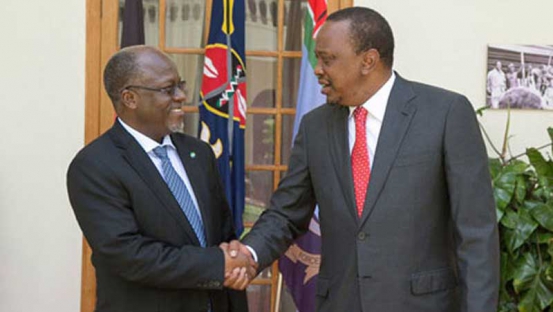×
The Standard e-Paper
Smart Minds Choose Us

The trade row between Kenya and Tanzania cost the former Sh2.6 billion in the first seven months of this year, data shows.
The latest figures from the Kenya National Bureau of Statistics show that Kenya’s exports to Tanzania dropped by 17.8 per cent between January and July to Sh11.9 billion, from Sh14.5 billion in the same period last year.